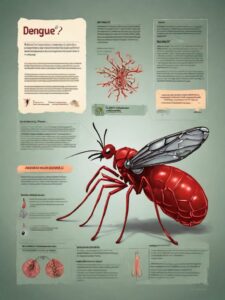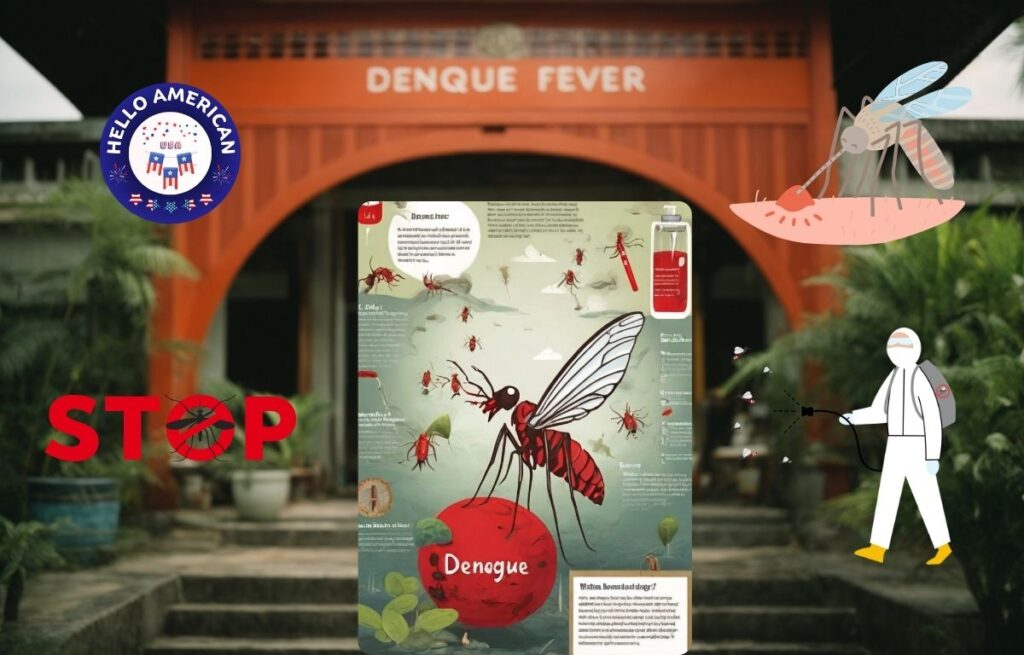Dengue fever and severe dengue are important health topics related to a mosquito-borne viral infection. Here are some common questions and information related to Dengue:
What is Dengue Fever?
Dengue fever is a mosquito-borne viral infection caused by the dengue virus, which is transmitted primarily by the Aedes mosquito. It is prevalent in tropical and subtropical regions worldwide. The virus exists in four different serotypes (DENV-1, DENV-2, DENV-3, and DENV-4) and can cause a range of symptoms.
What Are the Symptoms of Dengue Fever?
Symptoms of dengue fever typically appear 4-10 days after being bitten by an infected mosquito and can include:
- High fever
- Severe headache
- Pain behind the eyes
- Joint and muscle pain
- Nausea and vomiting
- Skin rash
What Is Severe Dengue?
Severe dengue, also known as dengue hemorrhagic fever (DHF) or dengue shock syndrome (DSS), is a potentially life-threatening complication of dengue fever. It can occur when a person is infected with a different serotype of the dengue virus after a previous infection.


What Are the Symptoms of Severe Dengue?
Symptoms of severe dengue can include:
- Severe abdominal pain
- Persistent vomiting
- Bleeding from the nose or gums
- Difficulty breathing
- Fatigue or restlessness
- Fluid accumulation leading to shock (DSS)
How Is Dengue Diagnosed and Treated?
Diagnosis is usually based on symptoms, a physical examination, and laboratory tests, including blood tests to detect the virus or antibodies. There is no specific antiviral treatment for dengue, so management involves supportive care, such as hydration and pain relief. In severe cases, hospitalization and close monitoring are necessary.
Prevention of Dengue:
- Mosquito Control: Eliminate breeding sites by removing stagnant water where mosquitoes breed.
- Personal Protection: Use mosquito repellents, wear long sleeves and pants, and use mosquito nets.
- Community Efforts: Public health interventions, such as vector control programs, are essential in preventing the spread of dengue.
Importance of Early Detection:
Early detection and prompt medical care are crucial in managing dengue fever and preventing its progression to severe dengue. Seeking medical attention if you suspect dengue fever is important, especially if symptoms worsen or if you experience warning signs of severe dengue.
Remember, while dengue fever can be severe, timely medical care and preventive measures play significant roles in reducing its impact and preventing complications.


